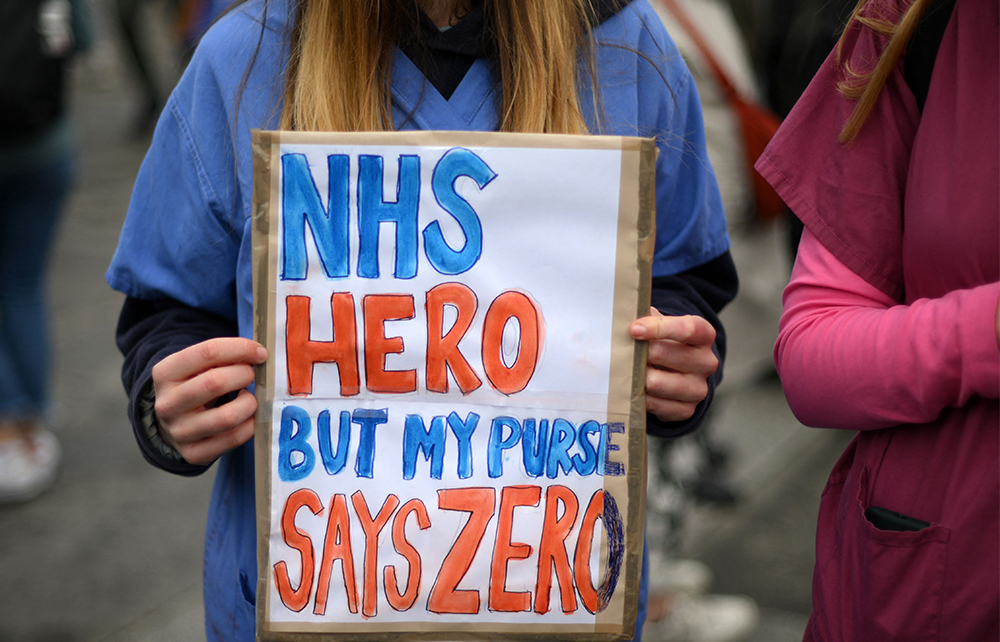They're fresh graduates, they are junior for 5 years and have to struggle by on a mere £50k for this time.
Are you deliberately misrepresenting the facts?
£50k is not the starting salary.
Average time to reach Consultant grade is ten years.
They're fresh graduates, they are junior for 5 years and have to struggle by on a mere £50k for this time.
cherry-picked

You can be a “Junior Doctor” for 8-20 years.


So you're happy to debate without even skim-reading some actual facts, either from a respected publication or from the NHS itself?Article too long to read and pick apart.
but basically boils down to the amount of hours worked. Want to average the pay out per hour filly, and get a totally different picture?
am I defending the top earners ? No. But trying to suggest all junior doctors earn great money is just false. Why don't you look at a more balanced picture, for once.

So, just like the fatcat Tory MPs who blocked their payrise, at the same time as demanding a pay increase themselves.The summary is that they're very well paid, they get another 20% on top into their pension and are whining money grabbers.
I doubt that most people would argue with you. Labour MPs will be getting the same rise too, they're all on the make.So, just like the fatcat Tory MPs who blocked their payrise, at the same time as demanding a pay increase themselves.
B'stards.
I doubt that most people would argue with you. Labour MPs will be getting the same rise too, they're all on the make.
But that doesn't justify 35% pay rises all round, especially not for those who are already on huge wages. All paid for by the tax-paying public, most of whom earn much less.
Article too long to read and pick apart.
The latest figures, for last year, show a typical doctor in their first year of work for NHS England is paid just more than £37,000.
Windy told us they got £50,000
He seemed to think that was the basic salary.
Wrong on both counts.
So why didn't you tell CharlieGolf that after post 27?Nonsense.
Foreign workers have benefitted the UK and are essential for the economy.
